Pentagon's Bold Move Suggests Trump May Align With Another Billionaire Post-Musk Fallout
The Pentagon possibly shifting focus away from Elon Musk 's SpaceX Following the massive fallout between President Donald Trump and the person who tops the list of the wealthiest individuals globally earlier this week.
It seems the repercussions are affecting the country's space program as the Trump administration seeks out another wealthy individual to take over from Musk in the competition to lead. Mars .
Officials at NASA Meanwhile, the Pentagon discreetly contacted SpaceX’s rivals, encouraging them to hasten the development of competing rockets and space vehicles.
Choices seem to have been made rapidly following Musk's bold threat to withdraw SpaceX's Dragon spacecraft, which serves as a vital link. International Space Station , following Trump’s initial threat to revoke SpaceX's profitable government agreements.
One NASA official acknowledged it became truly frightening, Washington Post following an initial perception of the disagreement as entertaining.
Even though Musk later withdrew his threat, the harm had already been caused.
NASA and Pentagon officials, who were already wary of their dependence on SpaceX, were thoroughly shaken.
SpaceX has emerged as crucial due to its role in ferrying astronauts and supplies to the International Space Station (ISS), deploying critical military satellites, and managing Starlink, which is currently the biggest satellite network globally.
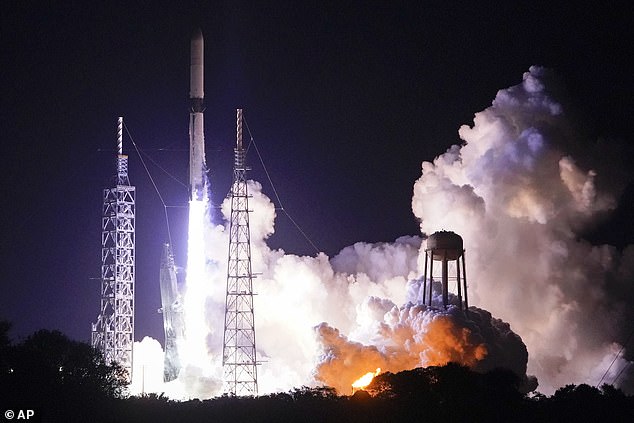
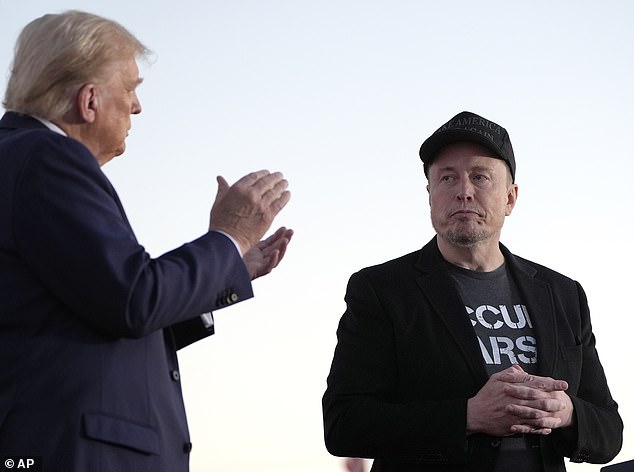
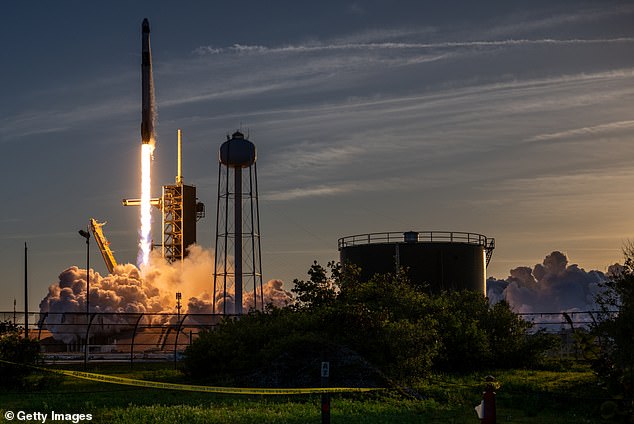
This incident served as a reminder for officials about the dangers of aligning national interests with an unpredictable millionaire.
'A previous employee from the space agency mentioned, "When you recognize that he might abruptly halt all operations based solely on a whim... such conduct and your reliance on him can be perilous."'
NASA officials stated that Musk's threat went too far, bringing back recollections of the 2018 incident when Musk used marijuana during a podcast interview , prompting NASA to initiate a safety investigation into SpaceX.
The conflict was further escalated by the White House's sudden withdrawal of Jared Isaacman's nomination for NASA Administrator.
Isaacman, who shares close ties with Musk, has previously made two trips to space using SpaceX spacecraft.
Following the event, government authorities contacted Jeff Bezos’s Blue Origin, Rocket Lab, and Stoke Space, seeking information on when their rockets could be prepared for crucial tasks.
Fatih Ozmen, CEO of Sierra Space—the firm behind the development of the Dream Chaser spaceplane—stated that NASA is actively collaborating with his organization. He noted, "According to what NASA has shared with us, they aim for diversity and prefer not to depend solely on one supplier."
For certain insiders, this wasn’t difficult to spot. connect the dots Jeff Bezos, who founded Blue Origin, has consistently been a competitor to Musk.
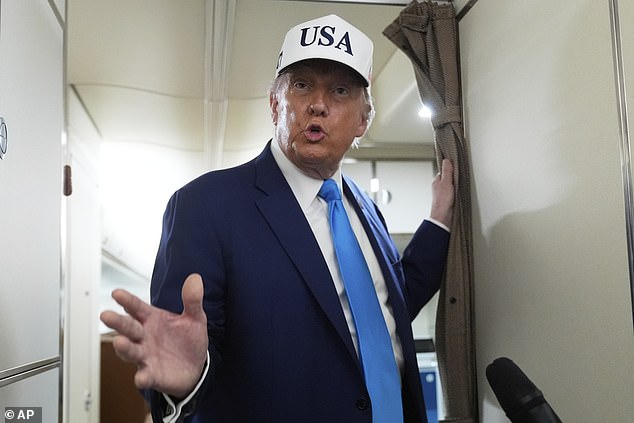
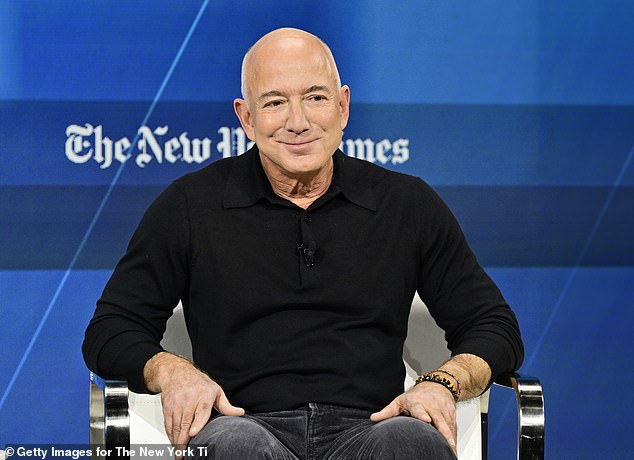
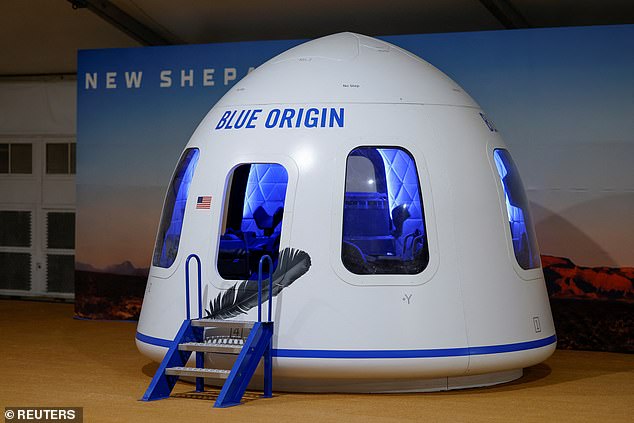
Currently, as tensions during the Biden era ease between Trump and Bezos, some view this as a shift in political strategy.
Bezos' Blue Origin has It has trailed behind SpaceX for many years, but its New Glenn rocket is gradually starting to make progress, even if the pace is slow.
The Pentagon’s recently implemented ‘lanes’ approach to broaden launch service providers appears foresighted as authorities aim to prevent becoming overly dependent on one particular vendor or option.
A person close to the Pentagon’s plans mentioned that the White House views this as an opportunity to support Bezos as a stable alternative to Musk’s unpredictability. ‘They prefer someone who is consistent,’ the individual stated. The Post.
Even Congress seemed to be unnerved by the conduct.
An important panel requested progress reports on Boeing's delayed Starliner capsule, which has failed to achieve the same level of dependability as Musk's Dragon.
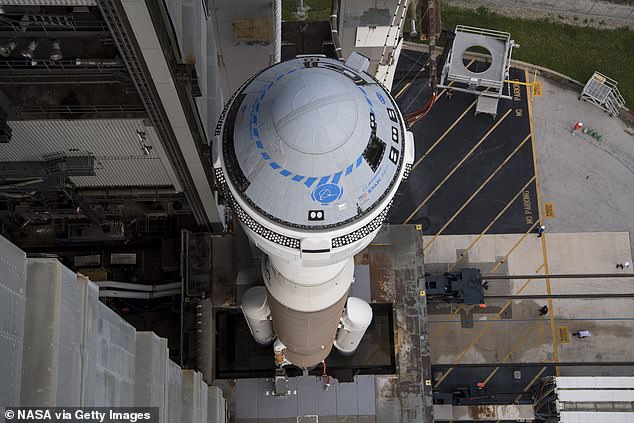
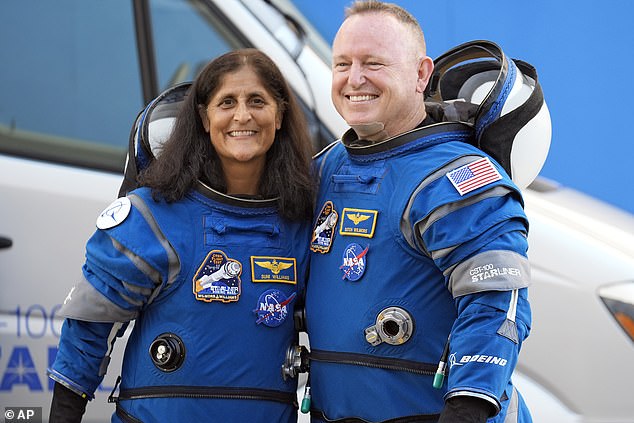
Under pressure, NASA stated on Friday that Starliner's subsequent mission might occur as early as 2026, although it’s still uncertain if this timeline will be met. transport astronauts or freight exclusively .
Certainly, the reliance of NASA on SpaceX was highlighted last year when American astronauts Butch Wilmore and Sunita Williams remained at the International Space Station. By Boeing's problematic Starliner capsule.
Wilmore and Williams had embarked on an eight-day Starliner test flight that extended into a nine-month stint in space
Boeing, having incurred $2 billion in charges for developing the Starliner, now confronts an imminent choice from NASA to conduct another unmanned test flight prior to allowing it to carry astronauts once more.
Boeing invested $410 million for an unmanned mission in 2022 following a test mishap in 2019.
Re-flying Starliner without crew seems like the sensible approach," Williams stated, inviting parallels with SpaceX’s endeavors and Russia's precedent of conducting unmanned missions prior to human spaceflights. Both she and NASA are advocating for this result, Williams further noted.
"I believe that's the right direction," stated Williams, expressing hope that "Boeing and NASA will opt for this approach" shortly.
NASA officials stated that the test results of Starliner scheduled for this summer will likely decide if the spacecraft is ready to carry humans on its subsequent mission.
Todd Harrison, a defense analyst from the American Enterprise Institute, compared Musk's social media post to an 'embargo on the space station.'
'Musk mentioned that he plans to disconnect NASA from their own space lab,' he stated.
Harrison similarly remembered Musk’s reluctance to enable Starlink Internet for a Ukrainian military operation in 2022, a choice that sparked concerns over national security depending on the discretion of one CEO.
Harrison cautioned that 'the country’s missile defense systems might become vulnerable to the impulsive tweets of Elon Musk.'
Former NASA astronaut Garrett Reisman, who also served at SpaceX, expressed the anxieties shared by numerous members of the astronaut corps: 'When your aspirations and ambitions hinge on this, you inevitably wonder, "Am I ever going to get to travel to space?'"'
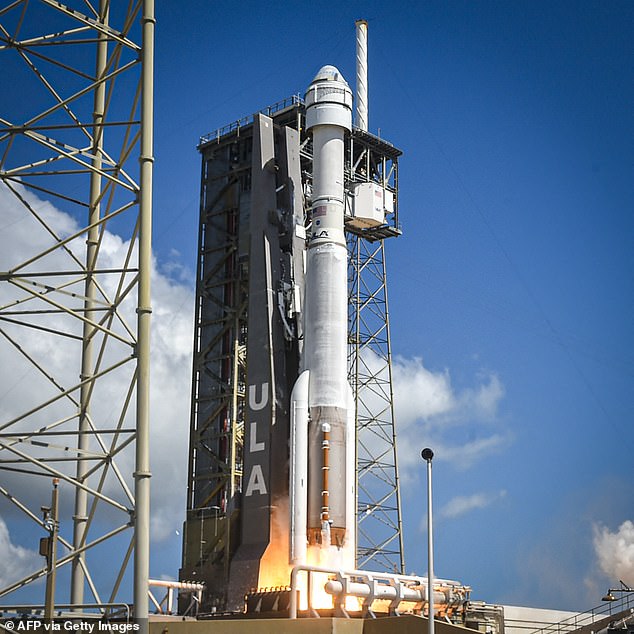
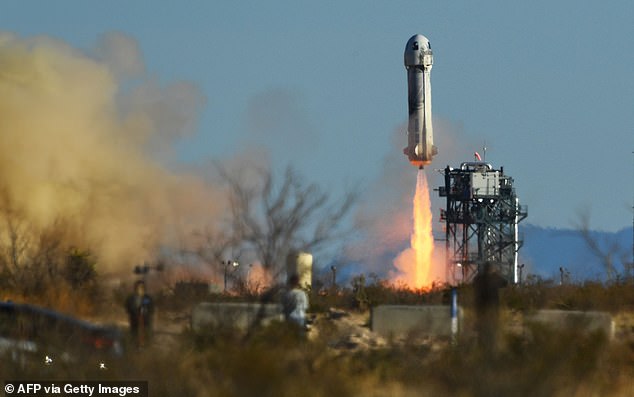
In the meantime, Trump, who previously hailed Musk as a visionary, seems to be growing less enthusiastic.
His supporters observe that the president does not tolerate what he sees as disloyalty, and they point out that Musk’s defiance has been noticed.
Several assistants think Trump's sudden shift is equally personal and political.
Rocket Lab’s CEO Peter Beck had earlier cautioned about how Musk's purchase of Twitter, which has since been renamed X, along with his involvement in political matters, might end up being detrimental.
"It definitely puts people at unease. Ultimately, when you’re handling crucial national security tasks, the responsibility falls squarely on the shoulders of the CEO," Beck stated.
Pentagon authorities continue to be cautious, particularly since only a handful of firms possess rockets qualified for crucial national security operations.
Blue Origin's New Glenn has made one flight, whereas United Launch Alliance's Vulcan has completed just two flights. As for Rocket Lab's Neutron, it hasn’t launched at all yet.
SpaceX's Falcon 9 remains dominant, operating with nearly perfect regularity.
However, Trump's government now seems prepared to take risks by promoting competition, even if this involves putting more pressure on Bezos.
'Sierra Space is prepared,' Ozmen stated. Competitors within the industry are also vying for dominance, feeling that Musk’s formerly unshakeable control might be weakening.
Read more
Post a Comment for "Pentagon's Bold Move Suggests Trump May Align With Another Billionaire Post-Musk Fallout"